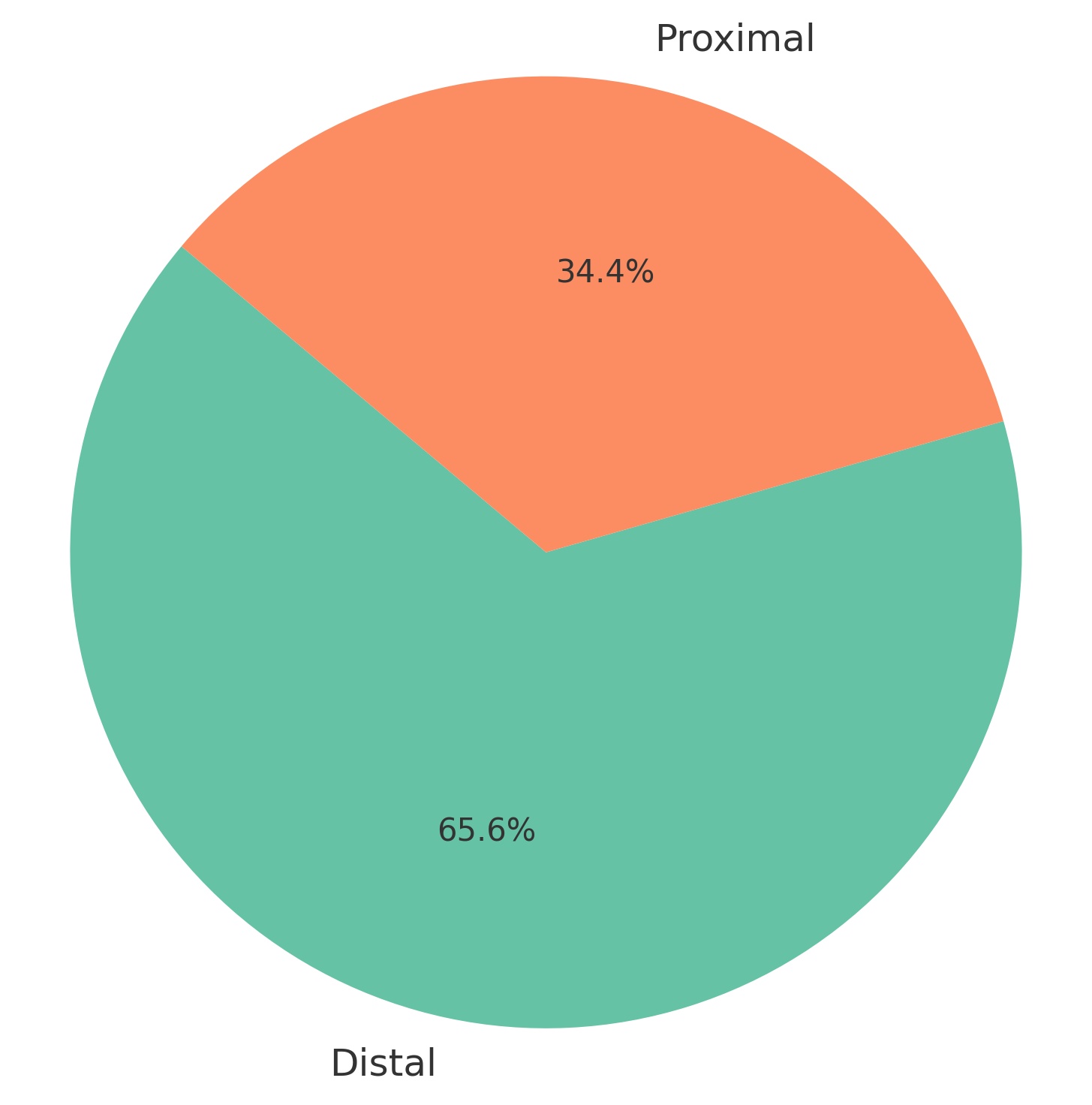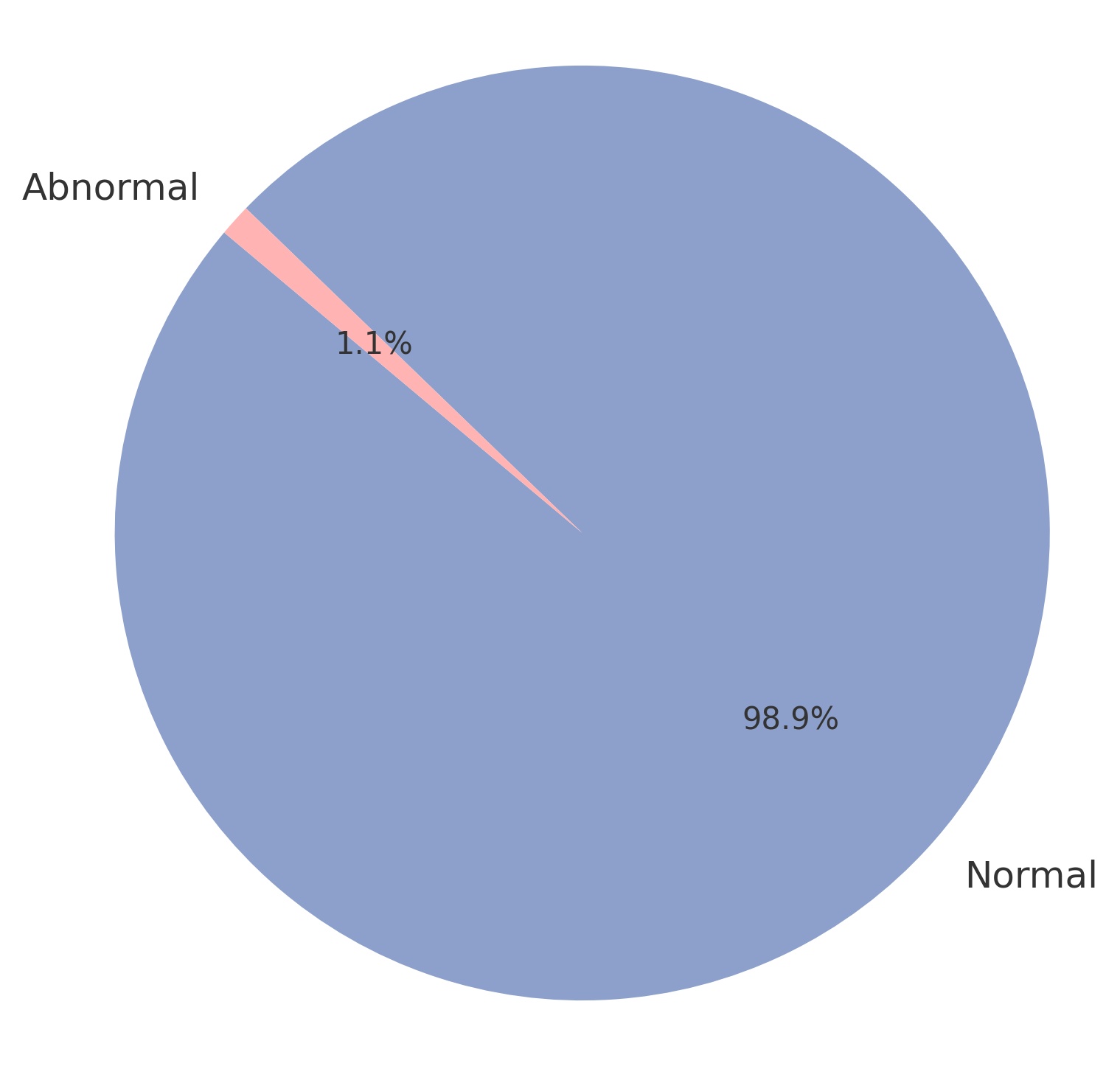Monday Poster Session
Category: Colon
P2395 - Unequal Burden: Exploring the Intersection of Race, Risk Factors, and Mismatch Repair Expression in Black Patients with Colorectal Cancer - A Single-Center Retrospective Study
Monday, October 27, 2025
10:30 AM - 4:00 PM PDT
Location: Exhibit Hall

Mesay Asfaw, MD (he/him/his)
Howard University
Washington, DC
Presenting Author(s)
Mesay Asfaw, MD1, Farshad Aduli, MD2, Angesom Kibreab, MD2, Ahmed Ali, MD2, Babak Shokrani, MD2, Abay Gobezie, MD2
1Howard University, Washington, DC; 2Howard University Hospital, Washington, DC
Introduction: Black patients in the United States face disproportionately high rates of colorectal cancer (CRC) incidence and mortality. Biological and environmental differences, including mismatch repair (MMR) expression, may contribute to these disparities. However, data examining MMR patterns and risk factor profiles in this population remain limited.
Methods: We conducted a retrospective review of CRC patients at a single urban academic medical center (2019–2024). We extracted demographics, tumor features, comorbidities, and immunohistochemical MMR protein expression (MLH1, MSH2, MSH6, PMS2). MMR was defined as abnormal if there was loss of nuclear expression in any marker. Tumor location was categorized as proximal (cecum to transverse) or distal (splenic flexure to rectum). Chi-square tests evaluated associations between MMR status, tumor site, and risk factors.
Results: A total of 90 Black CRC patients were included (64.4% male; median age 62). Most tumors were distal (65.6%) with 34.4% proximal. Abnormal MMR was observed in 1 patient (1.1%). Among 16 tested patients, KRAS mutation was positive in 50%. No significant associations were found between MMR status and tumor location (p=0.74), obesity (p=0.50), smoking (p=0.56), or family history of CRC (p=0.80). Tumor location was also not significantly associated with comorbidities including hypertension (p=0.71), alcohol use (p=0.12), or diabetes (p >0.05).
Discussion: This study highlights the predominance of distal tumors and the low rate of MMR deficiency among Black CRC patients at our center. Although associations were not statistically significant, the data underscore the importance of inclusive genetic testing and risk profiling. Further multicenter studies are needed to clarify the biological underpinnings of CRC disparities in Black populations and to guide personalized screening strategies.

Figure: Figure 1: Tumor Location Distribution (Proximal vs Distal)

Figure: Figure 2: MMR Status Distribution
Disclosures:
Mesay Asfaw indicated no relevant financial relationships.
Farshad Aduli indicated no relevant financial relationships.
Angesom Kibreab indicated no relevant financial relationships.
Ahmed Ali indicated no relevant financial relationships.
Babak Shokrani indicated no relevant financial relationships.
Abay Gobezie indicated no relevant financial relationships.
Mesay Asfaw, MD1, Farshad Aduli, MD2, Angesom Kibreab, MD2, Ahmed Ali, MD2, Babak Shokrani, MD2, Abay Gobezie, MD2. P2395 - Unequal Burden: Exploring the Intersection of Race, Risk Factors, and Mismatch Repair Expression in Black Patients with Colorectal Cancer - A Single-Center Retrospective Study, ACG 2025 Annual Scientific Meeting Abstracts. Phoenix, AZ: American College of Gastroenterology.
1Howard University, Washington, DC; 2Howard University Hospital, Washington, DC
Introduction: Black patients in the United States face disproportionately high rates of colorectal cancer (CRC) incidence and mortality. Biological and environmental differences, including mismatch repair (MMR) expression, may contribute to these disparities. However, data examining MMR patterns and risk factor profiles in this population remain limited.
Methods: We conducted a retrospective review of CRC patients at a single urban academic medical center (2019–2024). We extracted demographics, tumor features, comorbidities, and immunohistochemical MMR protein expression (MLH1, MSH2, MSH6, PMS2). MMR was defined as abnormal if there was loss of nuclear expression in any marker. Tumor location was categorized as proximal (cecum to transverse) or distal (splenic flexure to rectum). Chi-square tests evaluated associations between MMR status, tumor site, and risk factors.
Results: A total of 90 Black CRC patients were included (64.4% male; median age 62). Most tumors were distal (65.6%) with 34.4% proximal. Abnormal MMR was observed in 1 patient (1.1%). Among 16 tested patients, KRAS mutation was positive in 50%. No significant associations were found between MMR status and tumor location (p=0.74), obesity (p=0.50), smoking (p=0.56), or family history of CRC (p=0.80). Tumor location was also not significantly associated with comorbidities including hypertension (p=0.71), alcohol use (p=0.12), or diabetes (p >0.05).
Discussion: This study highlights the predominance of distal tumors and the low rate of MMR deficiency among Black CRC patients at our center. Although associations were not statistically significant, the data underscore the importance of inclusive genetic testing and risk profiling. Further multicenter studies are needed to clarify the biological underpinnings of CRC disparities in Black populations and to guide personalized screening strategies.

Figure: Figure 1: Tumor Location Distribution (Proximal vs Distal)

Figure: Figure 2: MMR Status Distribution
Disclosures:
Mesay Asfaw indicated no relevant financial relationships.
Farshad Aduli indicated no relevant financial relationships.
Angesom Kibreab indicated no relevant financial relationships.
Ahmed Ali indicated no relevant financial relationships.
Babak Shokrani indicated no relevant financial relationships.
Abay Gobezie indicated no relevant financial relationships.
Mesay Asfaw, MD1, Farshad Aduli, MD2, Angesom Kibreab, MD2, Ahmed Ali, MD2, Babak Shokrani, MD2, Abay Gobezie, MD2. P2395 - Unequal Burden: Exploring the Intersection of Race, Risk Factors, and Mismatch Repair Expression in Black Patients with Colorectal Cancer - A Single-Center Retrospective Study, ACG 2025 Annual Scientific Meeting Abstracts. Phoenix, AZ: American College of Gastroenterology.
